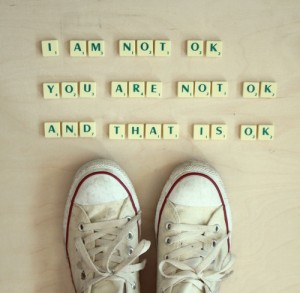Do you know what a Hemispherectomy is? Wikipedia describes it as “a very rare surgical procedure where one cerebral hemisphere (half of the brain) is removed or disabled.”
On Friday, June 29th, at 2pm, a sweet little boy named Jackson is going to be the next person to have a Hemispherectomy.
Taken from Moving Forward… to Neurosurgery:
“J has autism, cerebral palsy, sensory processing disorder and intractable (untreatable) epilepsy. A form of epilepsy called LKS / ESES. His brain is in a spike and wave pattern that, among other damages, does not allow REM sleep…the sleep needed to consolidate the days events…allowing learning to happen. Spike and wave equivocates to his brain firing in attempts of physical manifestations of seizures…. the damage being done is pervasive.”
Jackson’s mom, Gina from http://specialhappens.com is very well known in the special needs blogging community, often giving of herself and providing far more information than most “professional” sites ever have.
And now it’s time to help her out and to help Jackson continue his journey through and beyond his surgery.
They will be hosting a FUNraiser in their town, which you are more than welcome to attend. Information is here: http://jacksonsjourney.specialhappens.com/jumpstarting-jacksons-journey-funraiser
Also, you can help out with a donation, if you can’t attend, by going here: https://rally.org/jacksonsjourney/donate
I know that, being online, especially in the special needs community, we get asked to donate a lot. And we’re forced to pick and choose because as we are in the special needs community ourselves, we don’t have that much to spare as it is.
But I ask you to consider.. what if it was your child. What if you had to bring your child to the hospital, knowing that half of his/her brain was about to be disconnected? How would you feel? How much help would you need?
They’re a strong family. I know that just by reading Gina’s posts and articles. But as strong as they are, they’re going to need a little support as they continue on this journey.
If donating still isn’t something that you can do, then perhaps you could consider cards (bought or made), videos, pictures, flowers, toys or anything that you think might help to brighten up the hospital room which will be home to Jackson for some time following the surgery.
If you have something that you’d like to send, please send it to:
Please visit the Jackson’s Journey website and read about why this is necessary, how they prepare for it and… what comes next.
Don’t do it for me. Do it for Jackson, because he doesn’t deserve these problems but he does deserve our help.












